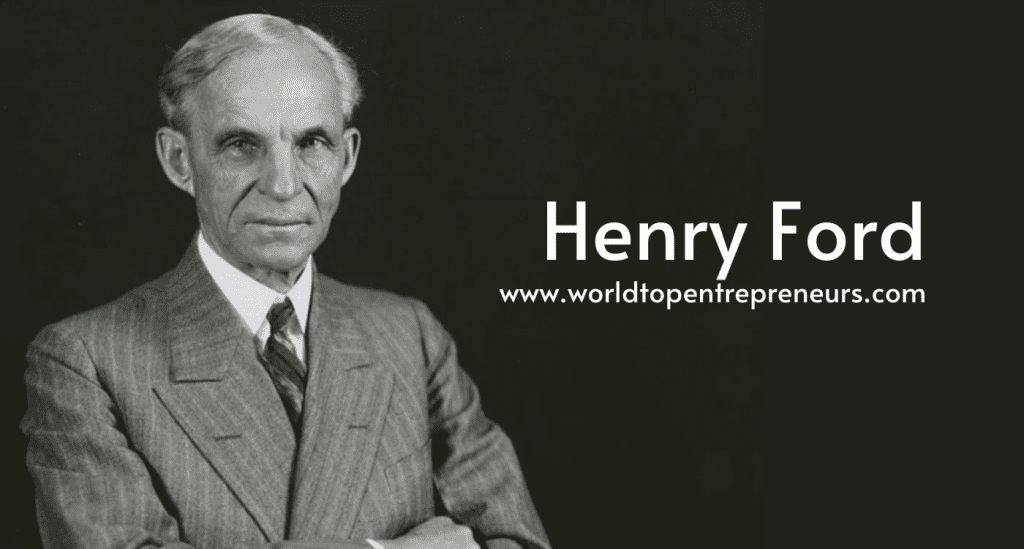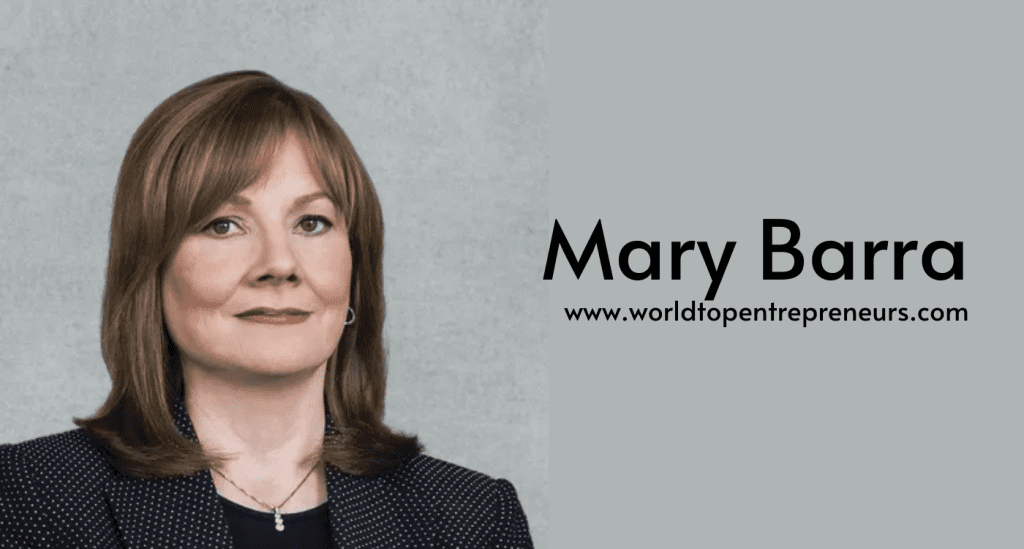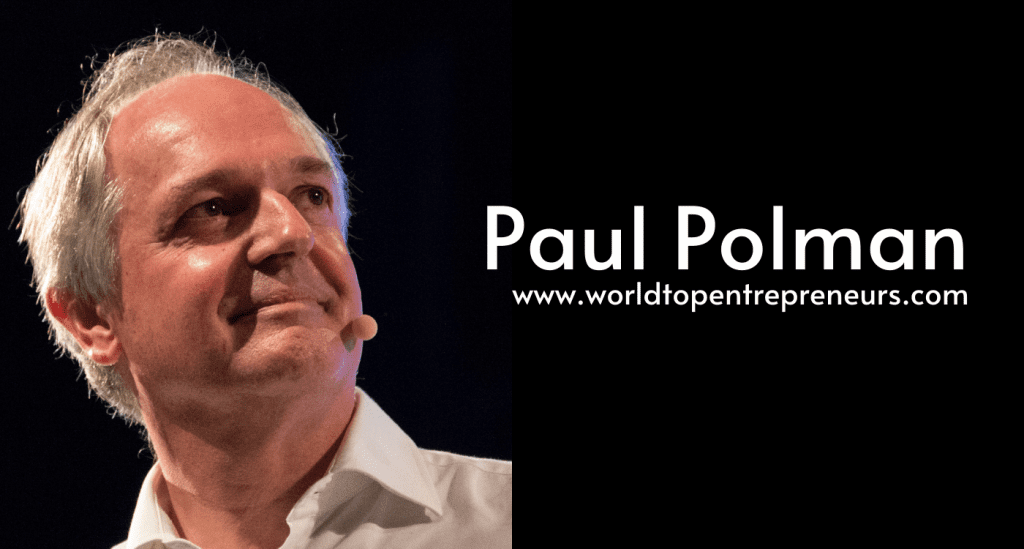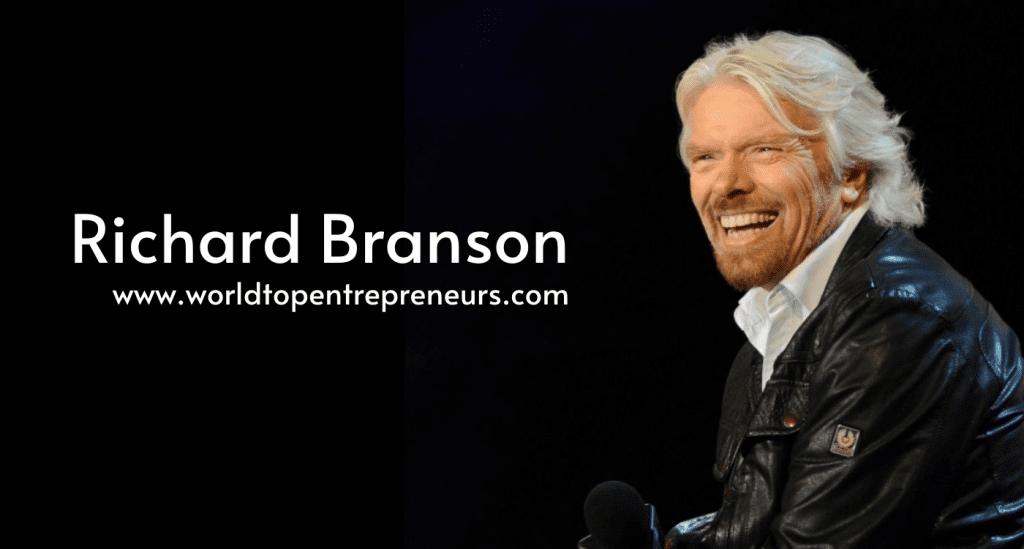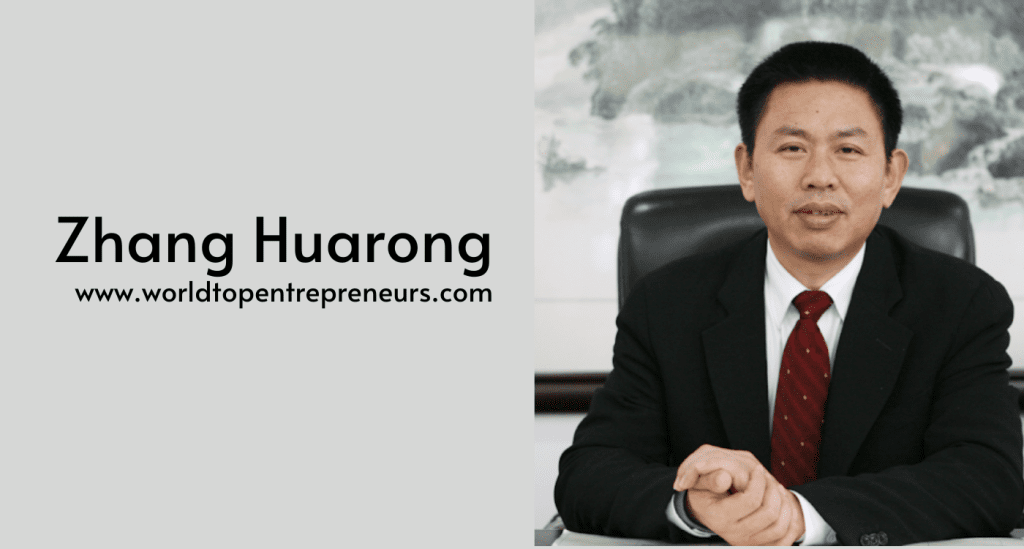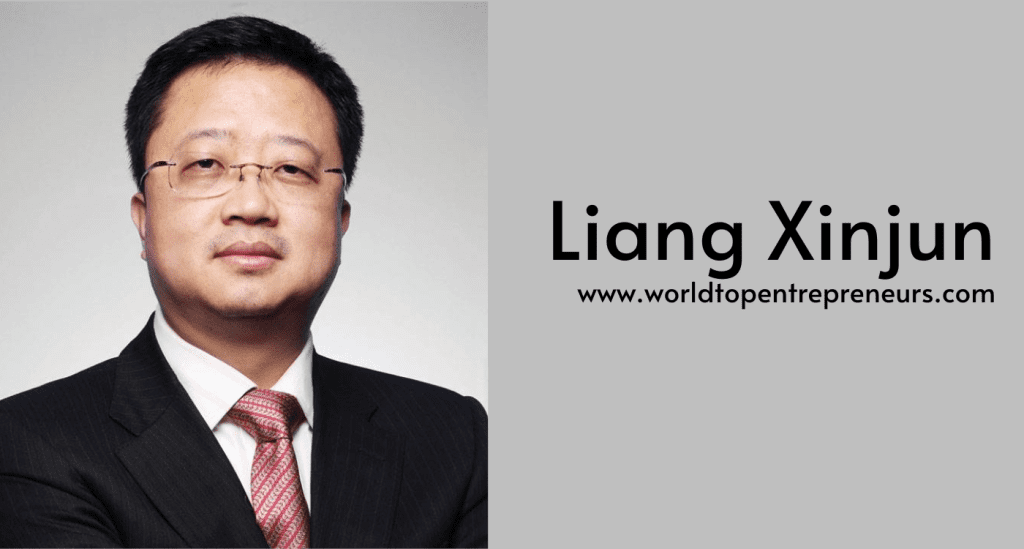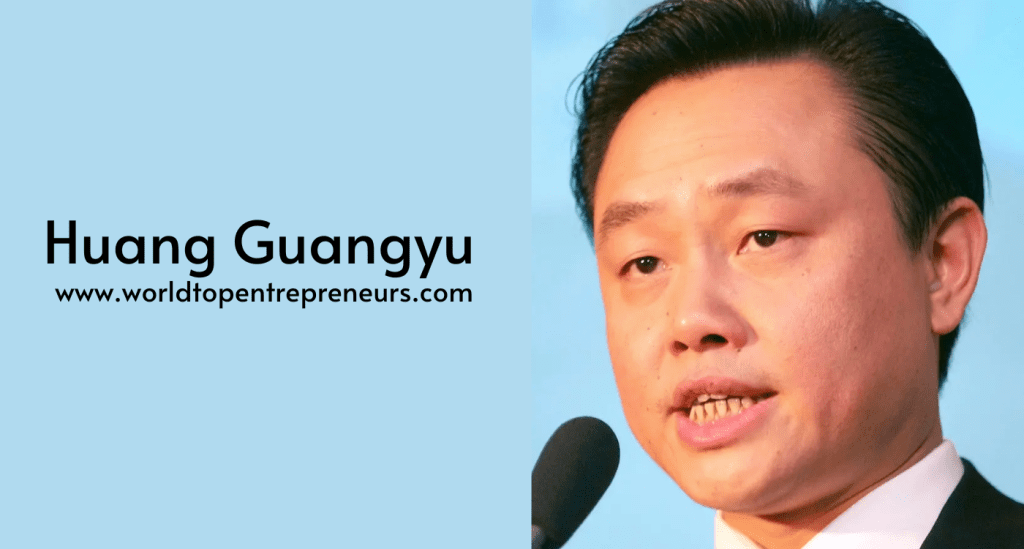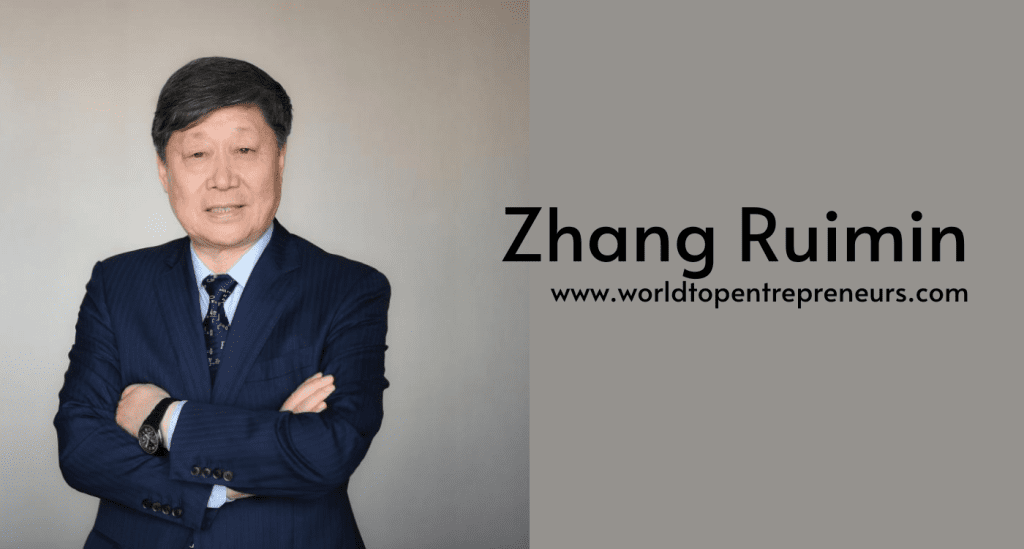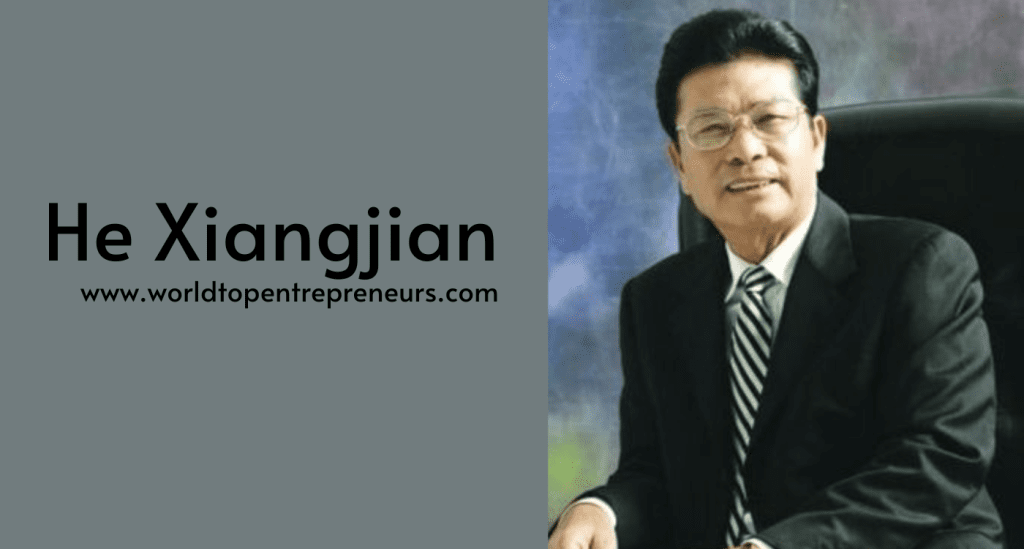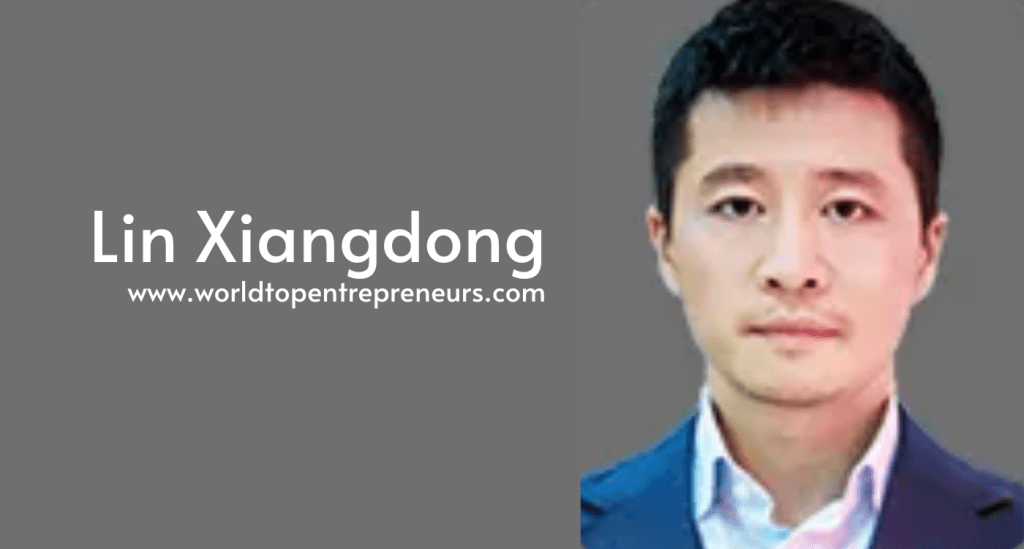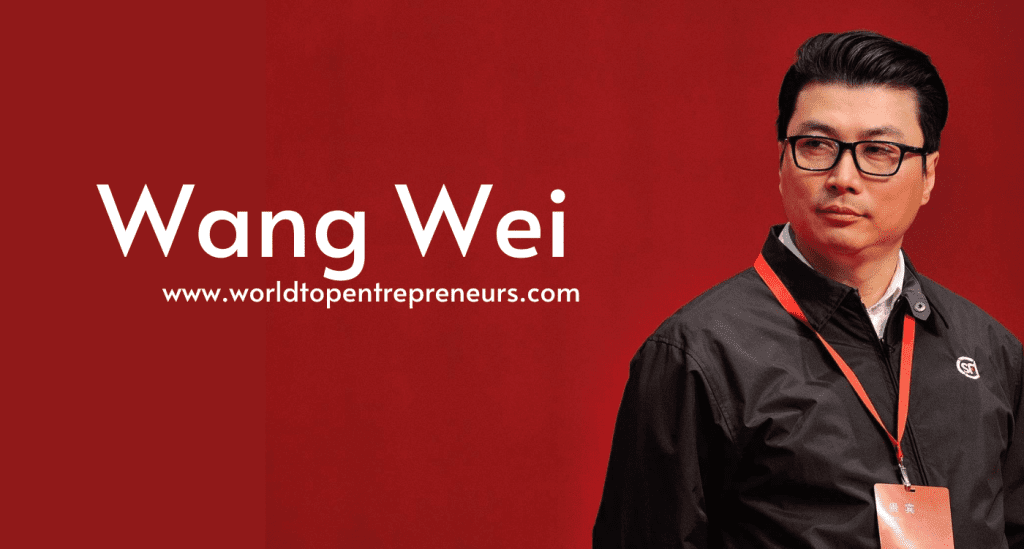Stefan Quandt and Susanne Klatten are names that resonate deeply within the automotive world, particularly within the realm of luxury cars. Although they are not the original founders of BMW, their influence has been instrumental in shaping the brand into the global luxury automobile powerhouse it is today. Their significant roles as major shareholders and influential figures have guided BMW through modern challenges, ensuring that the company’s heritage of quality and innovation remains strong. This article delves into the lives of Stefan Quandt and Susanne Klatten, their connection to BMW, and their impact on the luxury car industry.
Early Life and Background
Stefan Quandt
Stefan Quandt was born in 1966 in Frankfurt, Germany, into a family with a rich history in the business world. His father, Herbert Quandt, was a pivotal figure in BMW’s history, having played a crucial role in rescuing the company from near bankruptcy in the 1960s. Herbert Quandt’s strategic vision and financial acumen helped turn BMW into a symbol of luxury and innovation.
Stefan Quandt’s upbringing was deeply influenced by his family’s business legacy. He pursued his education with a focus on business and economics, attending the prestigious University of Mannheim. His academic background and early career experiences prepared him for a future in business, following in his father’s footsteps.
Susanne Klatten
Susanne Klatten, born in 1962 in Bad Homburg, Germany, is the daughter of Herbert Quandt and shares a deep connection to BMW’s legacy. Growing up, she was exposed to the business world through her father’s work with BMW. Her education and career path reflected her interests and abilities in business and finance. She studied at the University of Frankfurt and earned an MBA from INSEAD, one of Europe’s leading business schools.
Klatten’s career trajectory took her through various roles in finance and business, including positions in investment banking and consulting. Her diverse experience and educational background have played a significant role in her contributions to BMW and other ventures.
The Quandt Family’s Connection to BMW
The Quandt family’s association with BMW began in the 1960s when Herbert Quandt orchestrated a rescue of the struggling automobile manufacturer. At that time, BMW was facing severe financial difficulties, and Herbert Quandt’s intervention was critical in ensuring the company’s survival and future success.
Herbert Quandt’s strategic decisions, including securing vital investments and implementing a new corporate strategy, transformed BMW from a niche car manufacturer into a global luxury brand. The legacy of his leadership is evident in the high standards of quality, innovation, and performance that define BMW today.
Following Herbert Quandt’s death in 1982, the stewardship of BMW’s legacy passed to his children, Stefan Quandt and Susanne Klatten. Their involvement in the company has been marked by a commitment to maintaining the brand’s values while guiding it through the complexities of the modern automotive landscape.
Contributions to BMW
Stefan Quandt’s Influence
Stefan Quandt joined BMW’s board of directors in 1997 and later became a key shareholder and influential figure within the company. His role has involved overseeing strategic initiatives and ensuring that BMW’s operations align with the family’s vision for the brand.
Quandt’s contributions have been particularly significant in steering BMW through periods of economic uncertainty and technological transformation. His emphasis on maintaining BMW’s core values—such as performance, luxury, and innovation—has been central to the company’s ongoing success.
One of Quandt’s notable achievements has been his support for BMW’s expansion into new markets and technologies. Under his influence, BMW has invested heavily in research and development, leading to advancements in electric vehicles, autonomous driving, and connected car technologies. These investments have positioned BMW as a leader in the future of automotive technology, while still honoring the brand’s traditional strengths.
Susanne Klatten’s Influence
Susanne Klatten’s role in BMW has been characterized by her focus on corporate governance and strategic development. As a significant shareholder, Klatten has played an integral role in shaping the company’s strategic direction and ensuring that it remains competitive in the global automotive market.
Klatten’s contributions extend beyond BMW to include her involvement in other business ventures and philanthropic activities. Her approach to leadership is marked by a commitment to sustainability, innovation, and social responsibility. This holistic perspective has influenced BMW’s strategies in areas such as environmental sustainability, corporate social responsibility, and community engagement.
One of Klatten’s notable contributions has been her advocacy for sustainable business practices. Under her influence, BMW has made significant strides in developing electric and hybrid vehicles, reducing carbon emissions, and promoting environmentally friendly manufacturing processes. Her leadership has been instrumental in ensuring that BMW remains at the forefront of the automotive industry’s shift towards sustainability.
Strategic Initiatives and Innovations
Under the stewardship of Stefan Quandt and Susanne Klatten, BMW has undertaken several strategic initiatives and innovations that have reinforced its position as a leading luxury automobile manufacturer.
- Expansion of Electric and Hybrid Vehicles
One of the most significant developments in recent years has been BMW’s expansion into electric and hybrid vehicles. This shift aligns with global trends towards sustainability and has been a key focus for both Quandt and Klatten. BMW’s i Series, which includes models such as the i3 and i8, represents the company’s commitment to electric mobility and innovative design.
The development of the BMW i Series has been accompanied by investments in charging infrastructure, battery technology, and sustainable manufacturing processes. These efforts have positioned BMW as a leader in the electric vehicle market and reflect the Quandt family’s vision for a sustainable future.
- Advancements in Autonomous Driving
Another area of innovation under Stefan Quandt and Susanne Klatten’s leadership is autonomous driving technology. BMW has been at the forefront of developing advanced driver-assistance systems (ADAS) and autonomous driving features. These technologies aim to enhance safety, convenience, and the overall driving experience.
BMW’s commitment to autonomous driving includes partnerships with technology companies and investments in research and development. The company’s approach to autonomous driving is characterized by a focus on integrating advanced technologies while maintaining BMW’s core values of performance and luxury.
- Global Expansion and Market Presence
Stefan Quandt and Susanne Klatten have also overseen BMW’s global expansion and efforts to strengthen its market presence. The company has established a strong foothold in key markets such as the United States, China, and Europe. This global presence has been supported by strategic investments in manufacturing facilities, distribution networks, and marketing initiatives.
BMW’s expansion into emerging markets has been accompanied by efforts to adapt its products and services to local preferences and requirements. This approach has helped BMW build a diverse customer base and maintain its position as a leading luxury automobile manufacturer worldwide.
The Quandt Family’s Impact on Corporate Culture
The influence of Stefan Quandt and Susanne Klatten extends beyond strategic decisions and innovations; it also encompasses the corporate culture and values that define BMW. Their leadership has shaped the company’s approach to employee engagement, organizational development, and corporate ethics.
- Emphasis on Innovation and Creativity
Stefan Quandt and Susanne Klatten have fostered a corporate culture that values innovation and creativity. BMW’s emphasis on research and development, coupled with a supportive environment for employees, has encouraged the development of groundbreaking technologies and designs.
The company’s culture of innovation is reflected in its approach to product development, design, and customer experience. BMW’s commitment to pushing the boundaries of automotive technology and design is a testament to the leadership and vision of the Quandt family.
- Commitment to Sustainability and Social Responsibility
Sustainability and social responsibility are core values for Stefan Quandt and Susanne Klatten. BMW’s initiatives in environmental sustainability, community engagement, and ethical business practices reflect their commitment to creating a positive impact on society and the environment.
The company’s efforts to reduce its carbon footprint, promote sustainable manufacturing practices, and support community projects are aligned with the Quandt family’s vision for a responsible and forward-thinking business. These initiatives contribute to BMW’s reputation as a socially responsible and environmentally conscious brand.
- Focus on Employee Development and Well-being
Stefan Quandt and Susanne Klatten’s leadership also emphasizes the importance of employee development and well-being. BMW’s investment in training programs, career development opportunities, and a supportive work environment reflects their commitment to fostering a positive and empowering workplace.
The company’s focus on employee engagement and well-being is integral to its success and contributes to a culture of excellence and collaboration. BMW’s efforts to attract and retain top talent are a testament to the leadership and values of the Quandt family.
Challenges and Resilience
Stefan Quandt and Susanne Klatten’s leadership has been tested by various challenges in the automotive industry. Economic fluctuations, technological disruptions, and evolving consumer preferences have all posed obstacles that required resilience and adaptability.
- Navigating Economic Uncertainty
The global automotive industry has faced periods of economic uncertainty, including recessions and fluctuations in consumer demand. Stefan Quandt and Susanne Klatten’s ability to navigate these challenges has been crucial in maintaining BMW’s stability and growth.
Their strategic decisions, including investments in new technologies and markets, have helped BMW weather economic downturns and emerge stronger. Their resilience and forward-thinking approach have been instrumental in sustaining the company’s success.
- Adapting to Technological Disruptions
The rapid pace of technological change has presented both opportunities and challenges for BMW. Stefan Quandt and Susanne Klatten’s leadership has been marked by a commitment to embracing technological disruptions and integrating new technologies into the company’s products and operations.
BMW’s focus on electric vehicles, autonomous driving, and digital connectivity reflects their proactive approach to technological change. By staying ahead of industry trends and investing in innovation, BMW has maintained its competitive edge in a rapidly evolving market.
- Addressing Shifts in Consumer Preferences
Consumer preferences in the automotive industry have shifted towards sustainability, connectivity, and personalized experiences. Stefan Quandt and Susanne Klatten have guided BMW’s response to these changes by focusing on products and services that align with evolving customer expectations.
The company’s efforts to develop electric and hybrid vehicles, enhance digital features, and offer personalized experiences are aligned with changing consumer preferences. Their leadership has been instrumental in ensuring that BMW remains relevant and appealing to modern customers.
Legacy and Future Outlook
Stefan Quandt and Susanne Klatten’s legacy in the automotive industry is defined by their contributions to BMW’s growth, innovation, and sustainability. Their leadership has guided the company through significant changes and challenges, ensuring that BMW remains a leading luxury automobile manufacturer.
Looking to the future, Stefan Quandt and Susanne Klatten’s vision for BMW includes continued investment in technology, sustainability, and global expansion. The company is poised to explore new opportunities in areas such as electric mobility, autonomous driving, and digital innovation.
Their commitment to excellence, innovation, and responsible business practices will continue to shape BMW’s future and reinforce its position as a global leader in luxury automobiles. The Quandt family’s legacy will endure as a symbol of vision, resilience, and success in the automotive industry.
Conclusion
Stefan Quandt and Susanne Klatten are modern-day visionaries who have played a crucial role in shaping BMW into the luxury automobile powerhouse it is today. Their leadership, commitment to innovation, and focus on sustainability have guided BMW through periods of transformation and ensured its continued success in a competitive industry.
Their contributions extend beyond strategic decisions and innovations to encompass the corporate culture, values, and legacy of BMW. As the company looks to the future, Stefan Quandt and Susanne Klatten’s influence will undoubtedly continue to drive BMW’s success and reinforce its position as a leader in the global automotive market. Their story serves as an inspiring example of how vision, resilience, and dedication can lead to extraordinary achievements and a lasting impact on an iconic brand.






